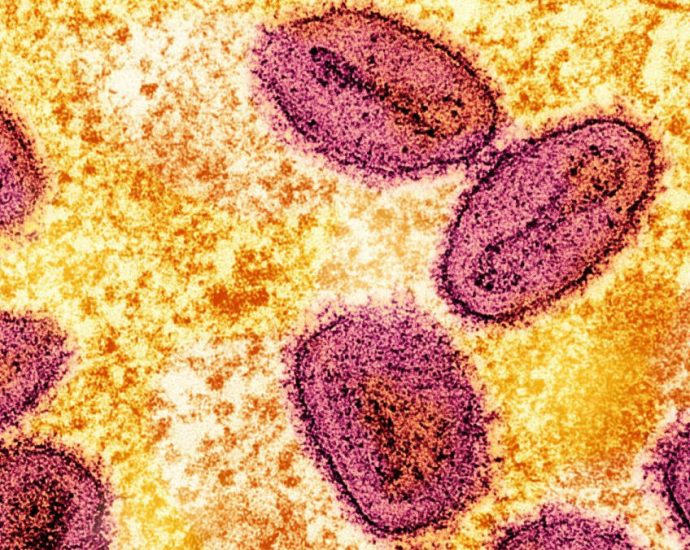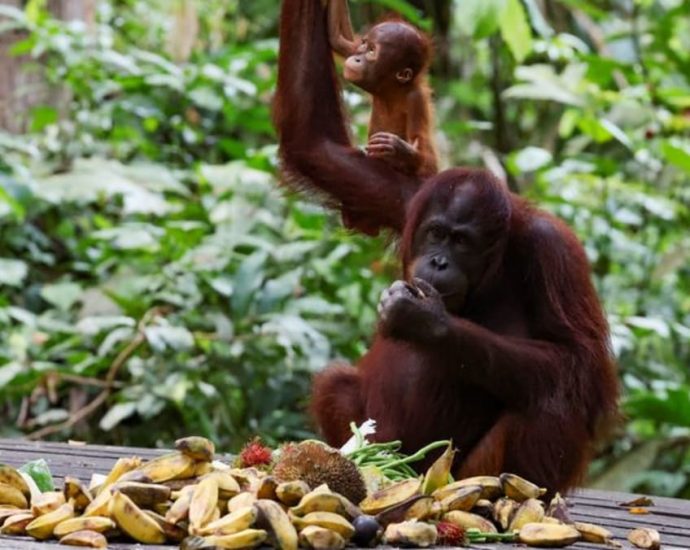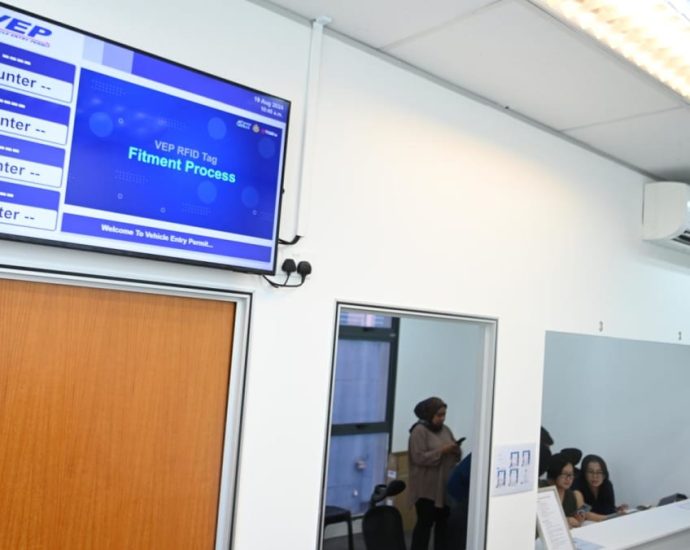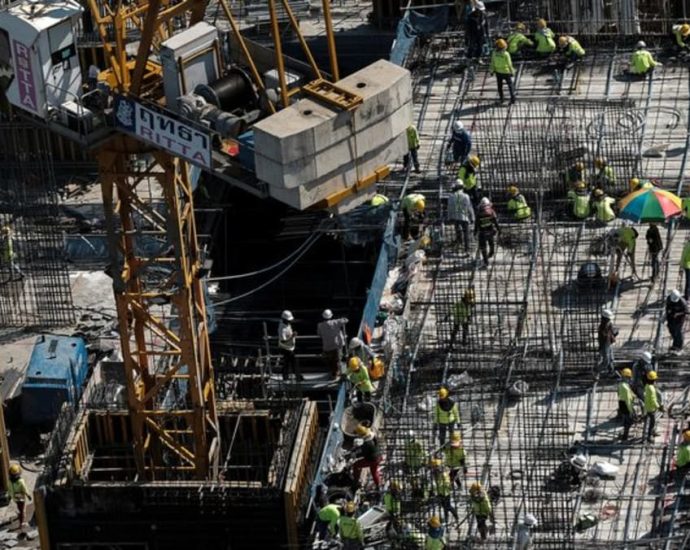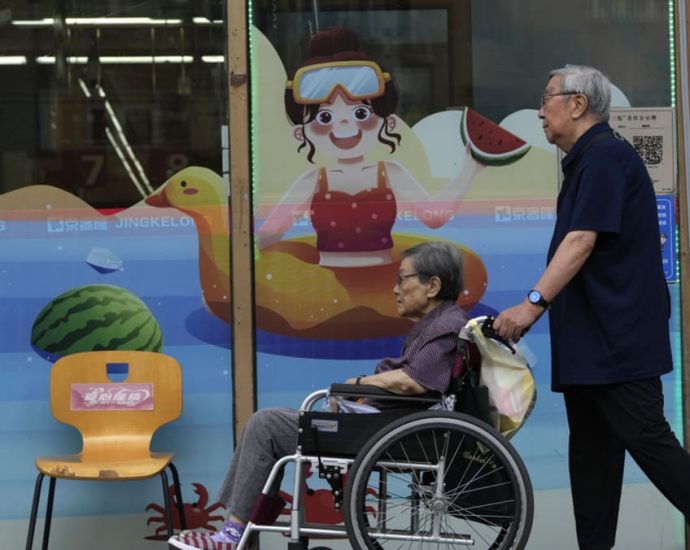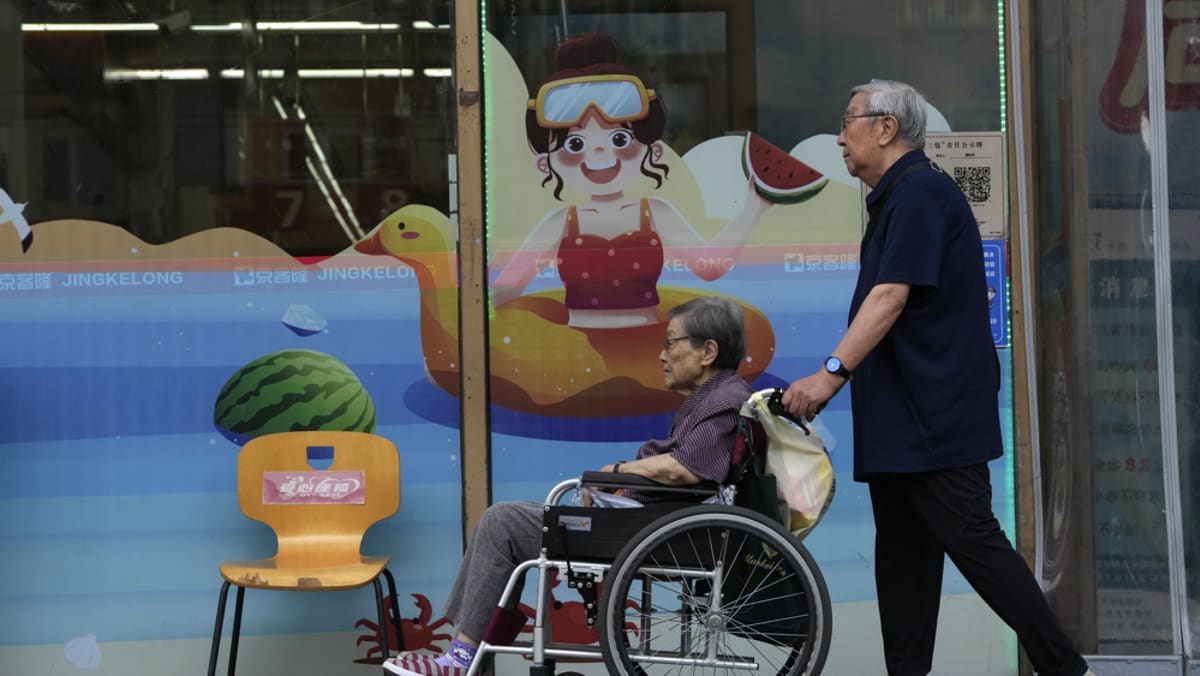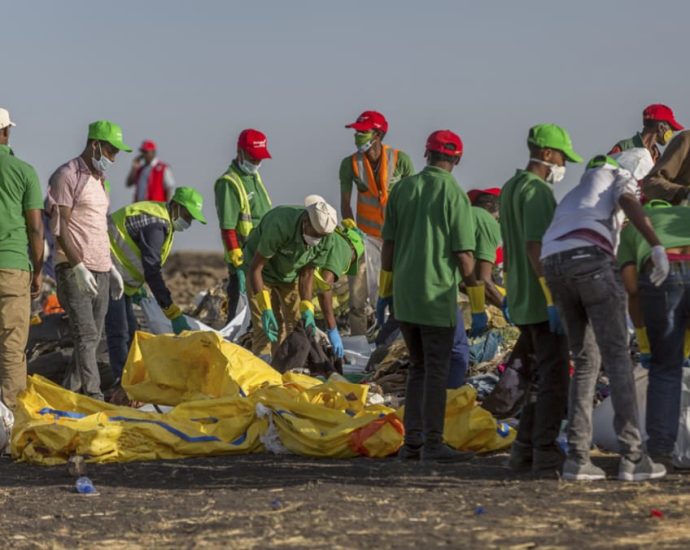Indian medics refuse to end protests over doctor’s rape and murder
Thousands of Indian junior doctors halted hospital services on Monday ( Aug 19 ), nearly a week after they launched a nationwide protest demanding a safer workplace and a swift criminal probe. Following the killing of the 31-year-old nurse on August 9 at a hospital in the easternContinue Reading


